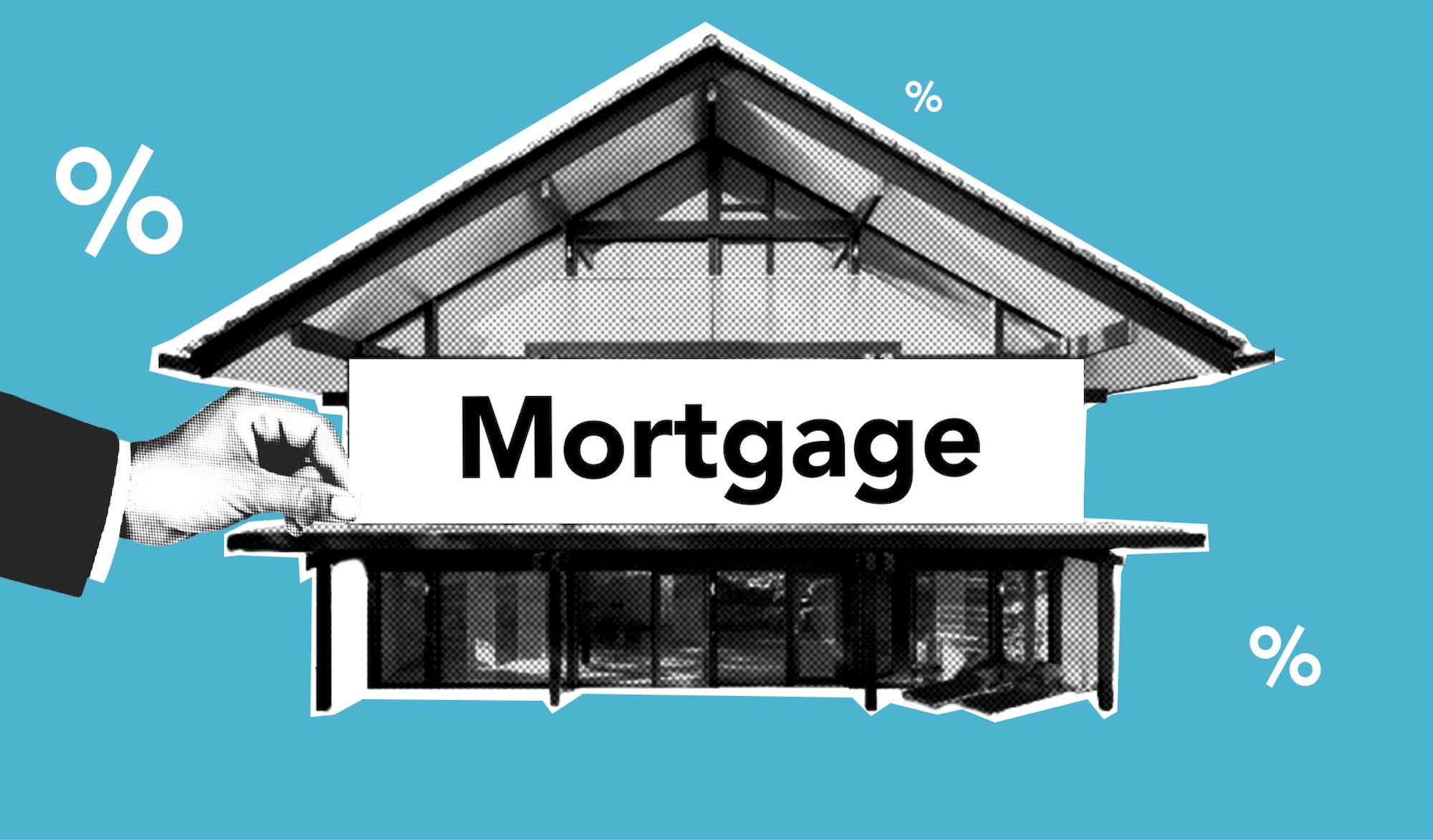The average price of a UK property has hit a new record high of £276,091, according to the latest Halifax House Price Index.
House prices increased by more than £24,500 over the course of 2021 to hit the record at the end of December, the largest annual cash rise since March 2003.
December’s figure reflected a 1.1% monthly increase from November, the sixth consecutive month of growth, as well as a rise of 9.8% compared to December 2020.
Halifax managing director, Russell Galley, said the housing market had “defied expectations” in 2021, with quarterly growth also reaching 3.5% in December, a level not seen since November 2006.
“In 2021 we saw the average house price reach new record highs on eight occasions, despite the UK being subject to a ‘lockdown’ for much of the first six months of the year,” Galley noted.
“The lack of spending opportunities afforded to people while restrictions were in place helped boost household cash reserves. This factor, alongside the stamp duty holiday and the race for space as a result of home working, will have encouraged buyers to bring forward home purchases they’d maybe planned for this year.
“A lack of available homes for sale, and historically low mortgage rates, have also helped drive annual house price inflation to 9.8%, its highest level since July 2007.”
Halifax’s index also suggested that for 2022, the prospect of further interest rate rises to tackle rising inflation, as well as increasing pressures on household budgets, suggest house price growth will “slow considerably”.
“Our expectation is that house prices will maintain their current strong levels, but that growth relative to the last two years will be at a slower pace,” added Galley. “However, there are many variables which could push house prices either way, depending on how the pandemic continues to impact the economic environment.”
Commenting on the Halifax findings, Hargreaves Lansdown senior personal finance analyst, Sarah Coles, said that higher inflation could deal a “double whammy” to house prices.
“It costs more to make ends meet, so people have less cash to save for a property move, and struggle to afford a bigger mortgage,” she said. “At the same time, higher inflation is likely to persuade the Bank of England to raise rates, pushing up mortgage costs too.
“We expect inflation to rise to as much as 6% in the spring, but an awful lot will depend on how much the energy price cap is hiked in April, and whether any support from the government is forthcoming. More support could keep a lid on inflation, while runaway gas prices, accompanied by increases in the cost of everything from petrol to fresh food and furniture could push inflation even higher.
“The market is currently pricing in a rate rise in February to 0.5%, with more rises through the year. Right now, mortgage rates have lifted from record lows, but remain incredibly cheap. With more rate rises on the cards, we could see mortgages become less affordable, which will put the brakes on the housing market.”
Latest News
-
Residential property transactions fall 24% month-on-month
-
Later life lending loans jump 5.1% in Q4 2025
-
Mortgage Awards 2026: Winners announced
-
FCA outlines proposals to close gaps in borrowers’ credit files
-
St. James’s Place closes 2025 with record FuM
-
Average LTV on UK mortgaged home drops to 59% – IMLA
Mortgage Advice Bureau and AI in the mortgage sector
Chief executive officer at Mortgage Advice Bureau, Peter Brodnicki, and founder and managing director at Heron Financial, Matt Coulson, joined content editor Dan McGrath to discuss how Mortgage Advice Bureau is using artificial intelligence to make advancements in the mortgage industry, the limitations of this technology and what 2026 will hold for the market
Perenna and the long-term fixed mortgage market

Content editor, Dan McGrath, spoke to head of product, proposition and distribution at Perenna, John Davison, to explore the long-term fixed mortgage market, the role that Perenna plays in this sector and the impact of the recent Autumn Budget
NEW BUILD IN FOCUS - NEW EPISODE OF THE MORTGAGE INSIDER PODCAST, OUT NOW

Figures from the National House-Building Council saw Q1 2025 register a 36% increase in new homes built across the UK compared with the same period last year, representing a striking development for the first-time buyer market. But with the higher cost of building, ongoing planning challenges and new and changing regulations, how sustainable is this growth? And what does it mean for brokers?
Does the North-South divide still exist in the UK housing market?

What do the most expensive parts of the country reveal about shifting demand? And why is the Manchester housing market now outperforming many southern counterparts?
In this episode of the Barclays Mortgage Insider Podcast, host Phil Spencer is joined by Lucian Cook, Head of Research at Savills, and Ross Jones, founder of Home Financial and Evolve Commercial Finance, to explore how regional trends are redefining the UK housing, mortgage and buy-to-let markets.
In this episode of the Barclays Mortgage Insider Podcast, host Phil Spencer is joined by Lucian Cook, Head of Research at Savills, and Ross Jones, founder of Home Financial and Evolve Commercial Finance, to explore how regional trends are redefining the UK housing, mortgage and buy-to-let markets.
© 2019 Perspective Publishing Privacy & Cookies











Recent Stories